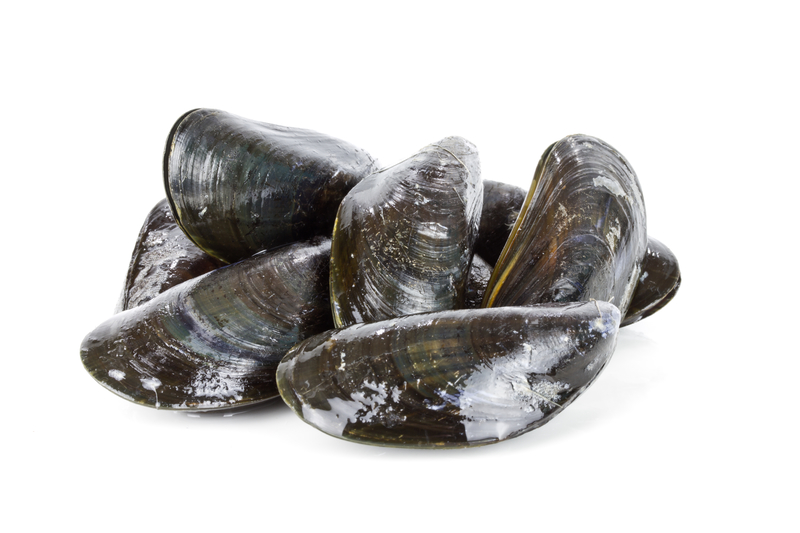Eating raw mussels from one region has been linked to several cases of vibriosis in New Zealand.
The Ministry of Primary Industries (MPI) is aware of eight confirmed cases of Vibrio Parahaemolyticus associated with eating mussels. Six of these consumed raw mussels harvested from two commercial areas in the Coromandel.
New Zealand Food Safety, which is part of MPI, urged people to cook the product thoroughly at above 65 degrees C (149 degrees F) for one minute after a rise in infections associated with commercially grown mussels from the Coromandel area.
Eaten raw or undercooked
Paul Dansted, New Zealand Food Safety director of food regulation, said people got sick as the mussels were eaten raw or they did not thoroughly cook them.
“We know that most of these mussels will now be out of circulation. There could be a small number still out there. It’s a good reminder that people should cook mussels thoroughly before eating them. Cooking kills the marine microorganism Vibrio parahaemolyticus, which occurs naturally throughout the world,” he said.
“Generally people who are sick recover without hospital treatment however, in severe cases, hospitalization is required. The symptoms are predominantly stomach cramps and watery diarrhea and sometimes nausea, vomiting, and fever.”
Usually symptoms occur within 24 hours of eating a contaminated product and last from one to seven days, occasionally longer.
Mussels were bought in their raw state, in the shell. They are not those sold in plastic pots.
Repeat of 2019
Dansted said testing is underway to confirm the type of Vibrio parahaemolyticus that caused the illnesses.
“New Zealand Food Safety has an ongoing survey program to test mussels and growing waters to help us understand why this occurred. Until we have more information, New Zealand Food Safety is reminding consumers to take care when handling, preparing and consuming mussels. Eating raw shellfish always carries risk for foodborne illness. Our advice to consumers who are pregnant or have low immunity is to avoid eating raw shellfish,” Dansted said.
General advice for consumers also includes always wash hands with soap and water after handling raw shellfish. Avoid contaminating cooked shellfish with raw shellfish and its juices.
There was also a rise in Vibrio parahaemolyticus cases this time in 2019. A total of 28 patients were notified in a six-week period but two infections were acquired overseas. That outbreak was also due to people eating mussels raw or partially cooked.
Most people who became sick bought commercially-grown New Zealand mussels harvested from one growing area in the Coromandel.
(To sign up for a free subscription to Food Safety News, click here.)

